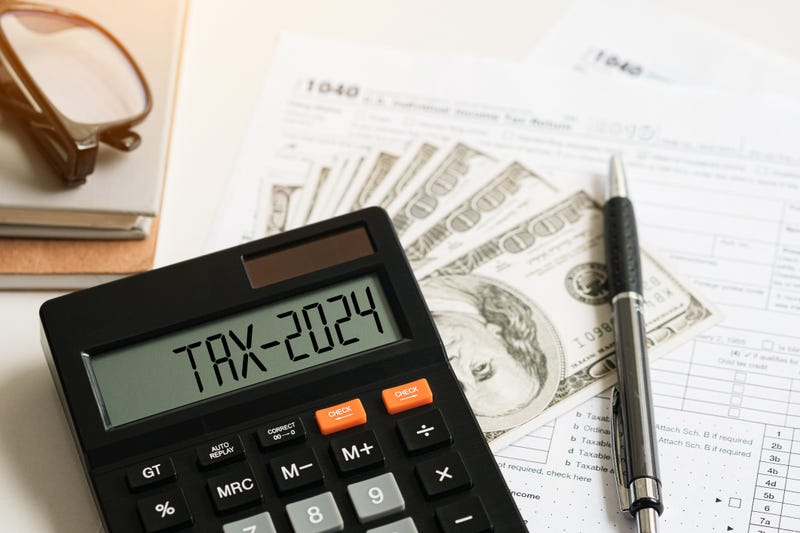
As of March 1, the average tax refund amount for U.S. taxpayers has been 5.1% higher than it was last year. At least one expert said some people could receive up to 10% more.
Mark Steber, chief tax information officer at Jackson Hewitt, told FOX Business this week that these increases are related to high inflation. According to Bureau of Labor Statistics data released Tuesday, prices for consumer goods increased again last month after being high for more than a year.
While prices have been up, some taxpayer incomes didn’t rise to keep up.
“For anybody whose income did not outpace inflation, they should do better,” Hewitt told FOX Business. “It’s not even voodoo or marketing spin, it’s pretty much just science.”
In order to mitigate “bracket creep” during times when consumers’ purchasing power declines due to inflation, the Internal Revenue Service adjusts brackets and standard deductions every year. Bracket creep is described by the Congressional Budget Office as “the change in average tax rates that occurs when people’s income rises faster than the tax brackets and other elements of the tax system (which are generally adjusted for inflation), causing them to pay a larger share of their income in taxes.”
FOX Business said tax brackets shifted higher by about 7.1% last year in a historic increase. However, that increase was higher than the 5.5% earnings increase received by the median worker in 2023.
Tax refunds are issued to people who paid more in taxes throughout the year then they ultimately owe. Some others may also qualify for the refundable credit.
According to the IRS, filing began a bit later this year than last year – on Jan. 29 rather than Jan. 23. So far, the service said the tax season has been strong and that systems are working well. Average tax refunds for the more than 36 million already issued have been $3,182 for a total of more than $115 billion.
For some taxpayers, adjustments to the tax brackets this year could result in returns that are $300 to $400 higher than last year.
“There’s not a lot of good news for the low- and moderate-income people who didn’t keep pace with inflation, and that’s a lot of people,” Steber explained, adding that: “This is not some outlier group. Those people should see a little better situation on their taxes this year.”
This year’s tax deadline is April 15. Information about filing for a refund is available here. Hear more of KYW’s reporting on the latest tax season here.
